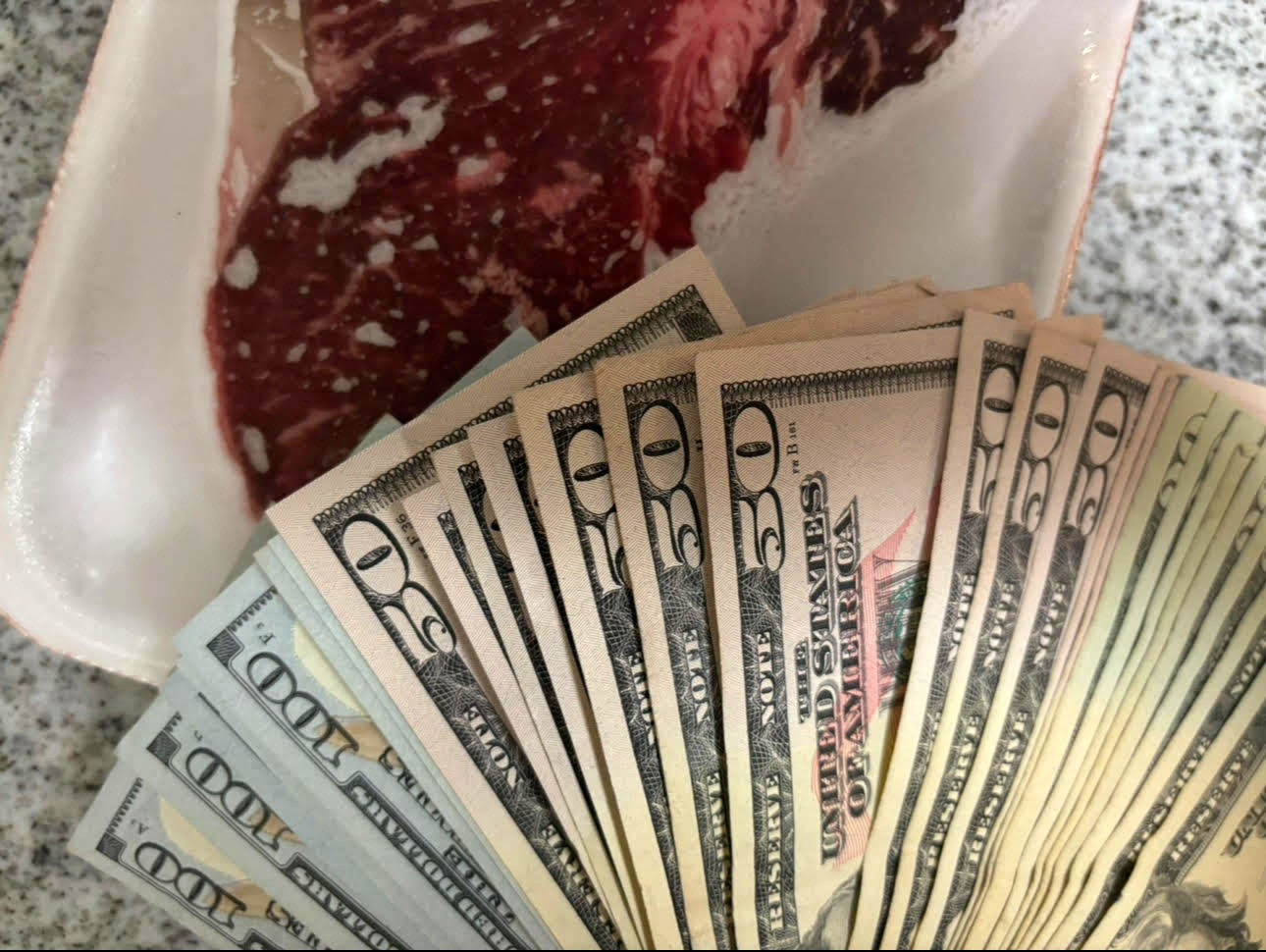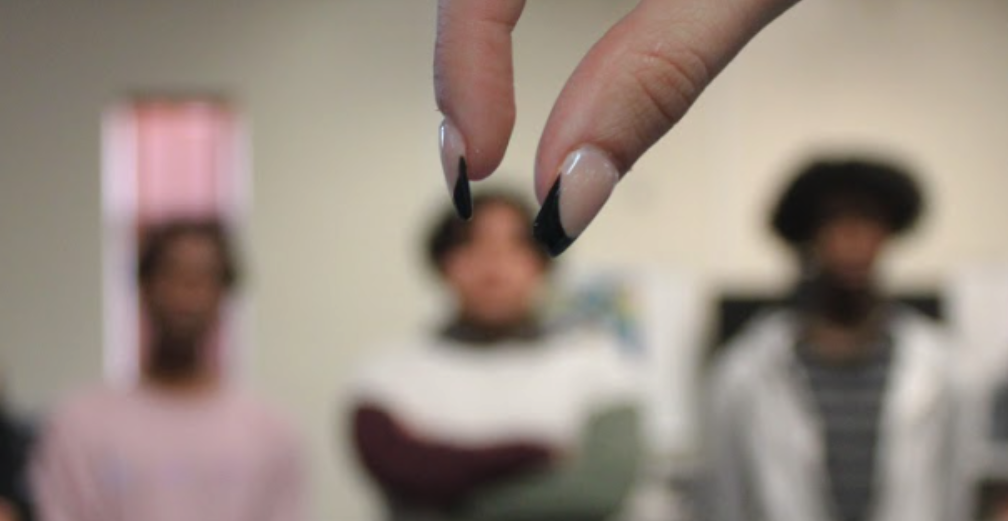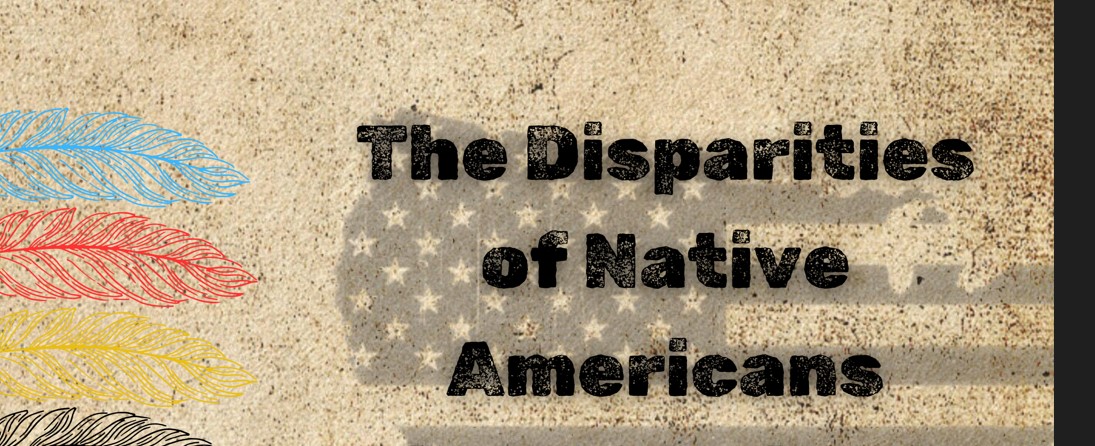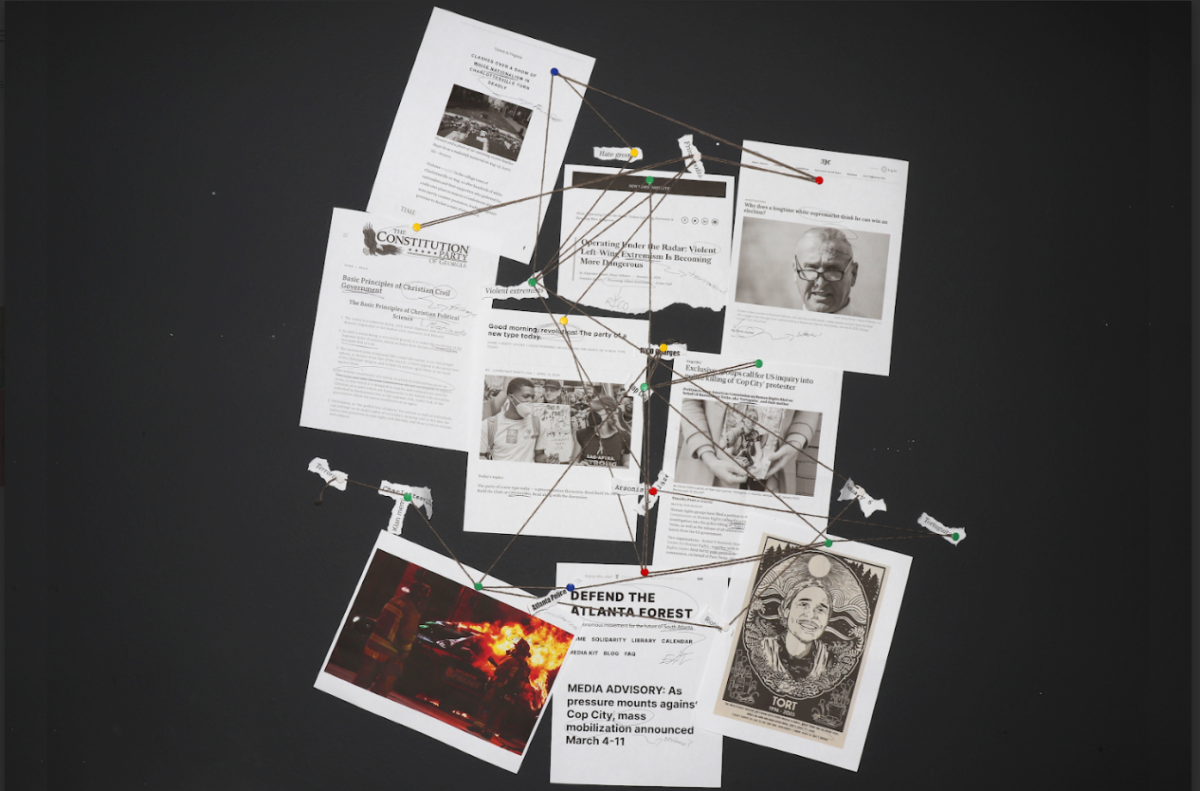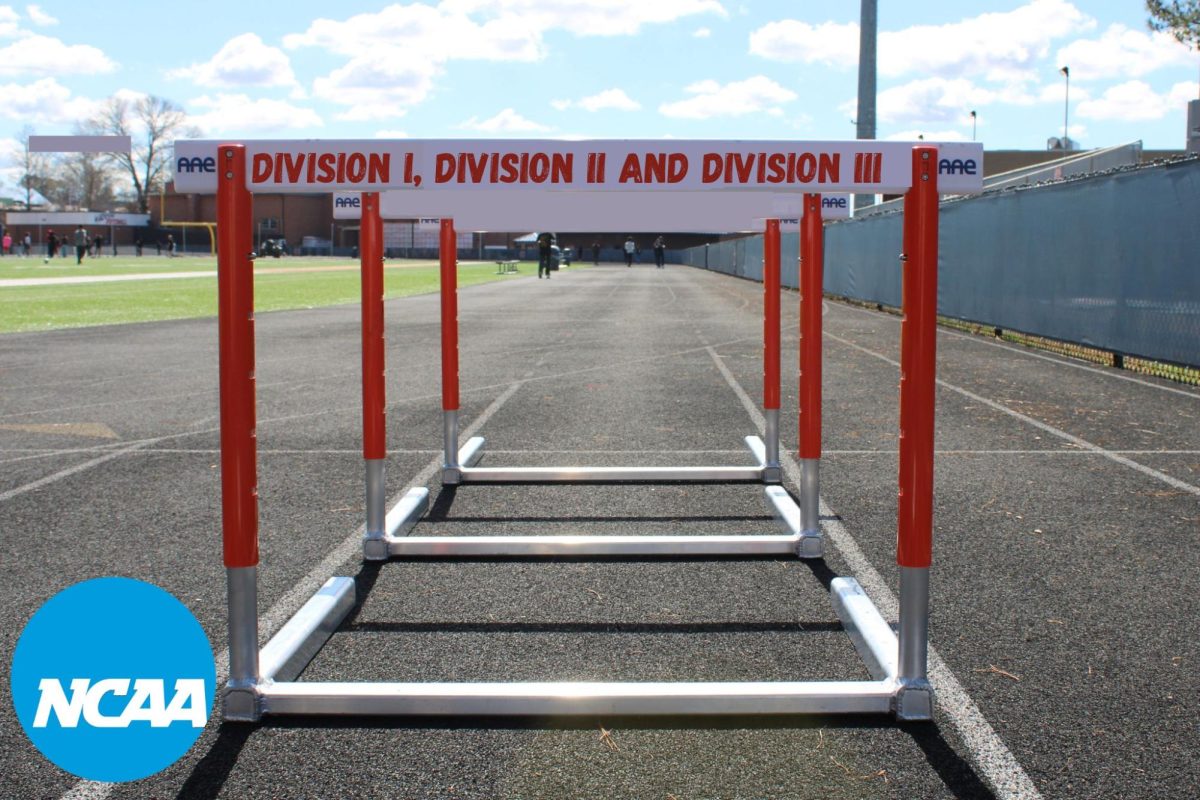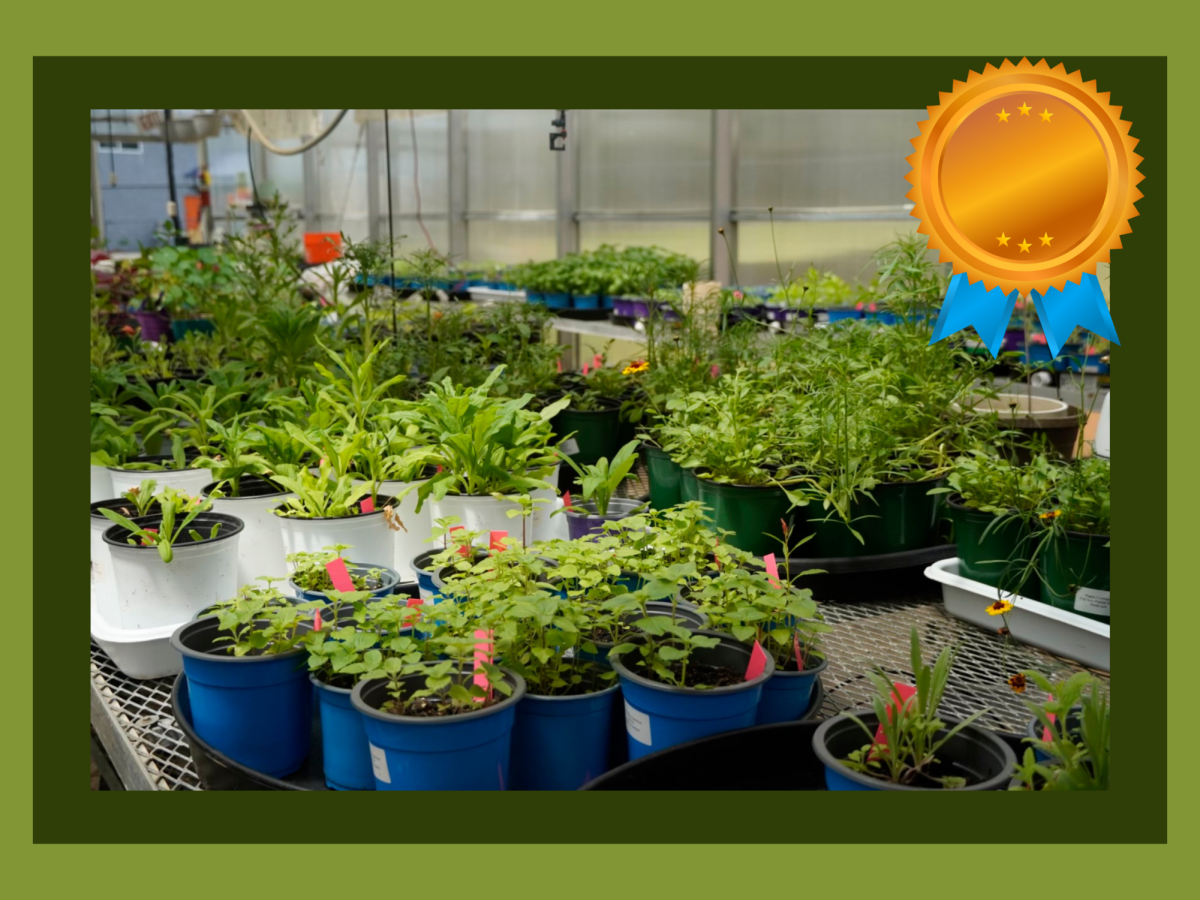Organ donation: a practice in the United States and other countries in which a person donates his/her organs to another person in need. This practice saves thousands of lives each day as people can donate their kidneys, livers, hearts, intestines, lungs and reproductive organs. There exists, however, a way of selling and receiving organs behind closed doors to benefit the surgeon, the recipient and the provider. Though one can earn a significant amount of money by selling organs, there lies a high possibility that people will no longer want to legally donate organs if they know they could earn a profit by illegally selling their organs. This possibility would consequently leave organs inaccessible to those in need who cannot afford an organ transplant.
As early as 600 B.C., people used skin flaps to replace missing noses, and doctors took grafts of tissue to use for other patients. The first recorded organ transplant, however, took place in 1954 when American physician Joseph Murray used his patient’s identical twin as the donor of a human kidney transplant. As the years progressed, doctors began to transplant kidneys, livers and lungs. In 1984, bills such as The National Organ Transplant Act (NOTA) helped ensure the organ allocation process occurred ethically and efficiently to fairly distribute organs based on medical criteria. Also in 1984, the United Network for Organ Sharing (UNOS) received the initial federal contract to operate the Organ Procurement and Transplantation Network (OPTN) and Scientific Registry of Transplant Recipients. In the 1900s and early 2000s, UNOS utilized new technology such as TIEDI and Unet to collect data on transplant effectiveness. Since the mid-1900s, America has saved thousands of lives through organ transplants; as of September 2022, the U.S. reached 1 million successful transplants, exceeding any other country in the world.
Due to organ donations remaining free of cost and its ability to save people’s lives, organ transplants appear as highly demanded . Nonetheless, those in need of an organ transplant must face a n extremely selective process. Today, in America, patients receive organs through organ donations. First, one must give one’s consent by answering “yes” to become an organ donor. In states such as Georgia, those who wish to become an organ donor must sign an Organ Donor Card. One must fill out and sign the card in the presence of two witnesses, and the witnesses must sign the legal document that permits the person to become an organ donor. It will then appear on a person’s license if he/she wishes to donate his/her organs in case of emergency. People can also register online.
After a traumatic injury and hospital professionals pronounce a patient brain dead, all hospitals must contact Gift of Life to evaluate the patient’s chart, medical history and other criteria, and consult with a medical team to determine if the patient can donate his/her organs. After a Gift of Life coordinator receives consent from a patient’s family and authorizes the organ, the coordinator matches the potential donor with a candidate on the list of patients awaiting transplants maintained by UNOS. The order of individuals awaiting an organ transplant appears by a patient’s medical urgency, degree of match to the donor, time on the waiting list and geographic location. The list does not reference race, gender, age, income or social status. The transplant coordinator arranges the arrival and departure times of the surgical recovery transplant teams and moments later, transplant surgeons perform life-saving transplants. If organ donations occur in any other fashion, those involved can face up to five years in prison and a fine of up to $50,000, according to NOTA.
“In the United States, all transplant tissue banks must be registered with the Food and Drug Administration(FDA) and are inspected routinely for compliance with federal regulations. Tissue provided by the American Association of Tissue Banks(AATB)-accredited tissue banks are required to comply with FDA, AATB Standards, and all state and local regulations. Most banks go further by becoming accredited by Associations such as AATB to show that they are not only compliant with FDA regulations, but operate by a greater ethical standard, as AATB has a more rigorous set of standards that banks must adhere to, that often go above and beyond what is required by FDA,” AATB Accreditation and Regulatory Affairs Manager Kim Delk-Brooks said.
The tedious and selective process of organ donation causes people to take another route: organ trade. Organ trade refers to the trading of human organs for transplantation for profit. In America, selling organs stands as an illegal practice as it benefits the wealthy and eliminates the incentive for people to donate their organs. Organ trading has become increasingly prevalent as people find the quickest alternative to save their lives or the lives of loved ones.
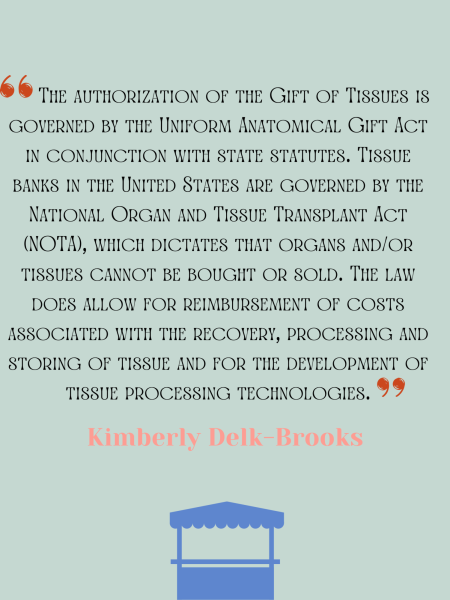
The issue of selling organs illegally not only occurs on a domestic scale but also on a global scale. For example, in China, officials remove organs from executed prisoners to use in transplant surgeries. Although China pushes to ban the buying or selling of human organs and tissues, this practice contributes to the illegality of selling human organs.
While trafficking sex or labor remains a highly common form of human trafficking, organ trafficking holds a critical place with transnational organized crime groups due to high demand and little to no law enforcement. Trafficking in persons for organ removal happens everywhere but appears highly prevalent in Northern Africa and the Middle East. Illegal organ transplantation accounts for around 5%-10% of all global organ transplants, considering over 157,000 happen each year; organ sellers typically generate between $840 million and $1.7 billion annually. Popular shows such as “Trafficked with Mariana van Zeller”and “Law and Order” have discussed the growing issue in their episodes “Black Market Organs” and “Sonata for Solo Organ,” respectively. These episodes shine a light on the dangers in the healthcare system if selling organs became a primary source of organ transplants.
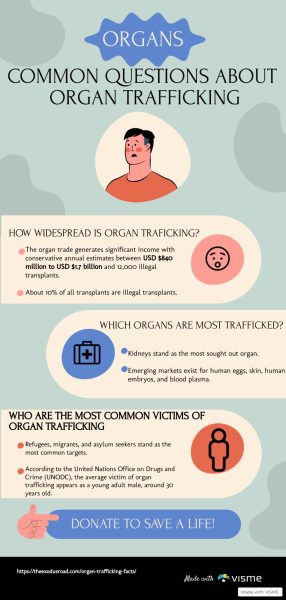
An illicit transplant can cost $50,000 for organs such as kidneys and $290,000 for organs such as lungs. The donor typically receives a minor portion of the profit while the broker or surgeons benefit the most as they charge the recipient a costly fee. The benefits a broker or surgeon can receive from performing illegal organ transplantation remain extreme, leading to human trafficking for the sole purpose of gaining a profit from organ transplantations.
“The motives behind selling organs could be to make ends meet, particularly in areas with few economic options. In some cases, cultural and religious beliefs play a role since selling organs is viewed as a respectable method to earn money or assist people in need. With continual monitoring and assessment of organ donation systems to ensure standards of ethics are done right and protected,” NC magnet junior and Vice President of Medical and Science Club Betty Esayas said.
While people believe organ selling stands as an effective solution, recipients—typically middle to high-class individuals facing death—may become infected with a disease due to poor donor matching, and the donor—likely from poorer communities and seeking to alleviate death or giving up their organs against their will— remains with a lifetime of impaired health and debt from medical costs.
“Physical health risks could be present, such as surgery to remove the organ could lead to complications such as bleeding and infections. Also, a potential risk for long-term effects could be that as a result of the organ loss, the individual could have diminished renal function. Personally, I believe that better research and advocacy efforts have heavily contributed to advancing ethical guidelines or with more awareness and education workshops, campaigns, and community outreaches,” Esayas said.
When discussing selling people’s organs illegally, people typically think of the black market. The black market refers to an underground economy where people sell goods and services outside the regulations and oversight of the government, especially to avoid price controls and taxes. Kidneys appear as the most illicitly sold organ, with the World Health Organization (WHO) estimating that people sell over 10,000 kidneys on the black market worldwide annually, or more than one every hour. With the average wait time for a kidney standing at 3.6 years in the U.S., people look to utilize organs on the black market even more as over 65,000 transplant candidates in the United States exited the waiting list because they died.
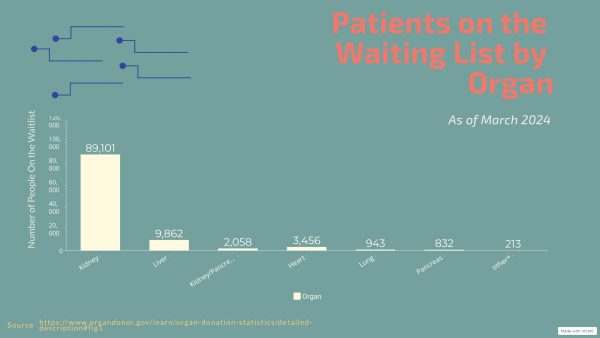
“Some of our accredited banks also procure organs as well as human tissue (skin, reproductive, bones, cardiac tissue, cellular tissue, musculoskeletal tissue, vascular tissue, and whole body donations) but there are additional regulations and Standards that apply to those banks, as they are also members of AOPO and are managed by UNOS. AATB does not accredit organ donation. AATB does employ staff that lobby various members of Congress on issues pertaining to tissue donation,” Delk-Brooks said.
Organ trafficking violates human fundamental rights, such as the rights to life, liberty, security in person and freedom from cruel treatment. By understanding the mechanisms and signs of human trafficking, individuals and communities can take steps to identify and support victims while also preventing the illegal action. So far, to combat the issue of people selling organs, the U.S. Congress passed the Stop Forced Organ Harvesting Act of 2021 to authorize Antony J. Blinken, the Secretary of State to deny passports and visas to illegal organ purchasers, stop organ trafficking and mandate annual reporting on forced organ harvesting in foreign countries as part of the State Department’s annual reporting. In addition, the United Nations’(UN) Protocol to Prevent, Suppress and Punish Trafficking in Persons includes “organ removal” and its subsequent sale as an end purpose of trafficking. By governments taking steps such as implementing strict monitoring and oversight mechanisms and enhancing collaboration with international organizations to combat cross-border organ trafficking, organ trafficking and Trafficking in Persons for Organ Removal can come to an end.


